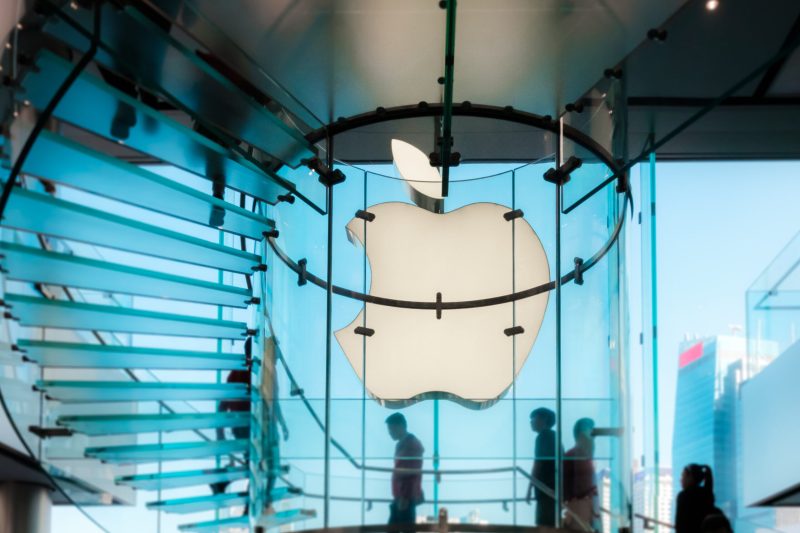In a landmark decision, the European Court of Justice (ECJ) has ruled that Ireland must receive €13 billion ($14.4 billion) in unpaid taxes from Apple.
The decision, which is final, marks a significant turn in a prolonged legal battle that Dublin had fought to avoid.
Irish government faces political and financial dilemmas
The ruling leaves Ireland in a politically awkward yet financially advantageous position. With a general election required by March next year, Irish lawmakers must now decide how best to allocate this substantial cash injection.
The unexpected windfall comes at a time when the country is already dealing with significant infrastructural issues and a housing crisis.
Aidan Regan, associate professor of political economy at University College Dublin, commented on the situation,
The Irish government is now confronted with domestic pressures and an upcoming election. They have been asserting that this €13 billion is not theirs, but now they must address how to use it effectively.
The Irish government, which had consistently argued against the repayment of the taxes, maintains that it does not offer preferential tax treatment to any companies.
A spokesperson for the Finance Ministry referred to the government’s written statement, highlighting that the case is now of “historical relevance only.”
The government is preparing to transfer the assets held in an escrow fund to Ireland following the ECJ’s decision.
Impact on Ireland’s reputation and tax policies
Ireland has long been known for its low corporate tax rates, which have attracted numerous multinational companies, including Apple.
The country’s position on the case was rooted in concerns that enforcing the tax repayment could undermine its attractiveness as a business hub.
The ECJ’s ruling confirmed the European Commission’s 2016 decision that Ireland had granted Apple “unlawful aid” and required the recovery of the funds.
This decision comes at a time when Ireland is already experiencing a budget surplus, partly due to strong corporate tax receipts.
Robert Dever, a tax partner at Pinsent Masons, noted,
While this decision is financially beneficial for Ireland, it challenges the government’s long-standing stance that it does not provide preferential tax treatment. The ruling may impact Ireland’s international reputation, although recent changes to the tax code may mitigate some of this damage.
The process of transferring the funds from the escrow account to Ireland is expected to take several months to complete.
Global implications and calls for tax reform
The ruling has sparked discussions about the need for global tax reform. Alex Cobham, CEO of the Tax Justice Network, welcomed the decision but emphasised the broader issue of inadequate international tax rules.
“This ruling highlights the failure of current tax regulations to protect countries’ rights to tax economic activity within their jurisdictions,” Cobham stated.
Chiara Putaturo, EU tax expert at Oxfam, echoed similar sentiments, calling for comprehensive reform. Putaturo said,
This ruling exposes the problematic relationship between EU tax havens and multinationals. It should be a catalyst for closing all tax loopholes and ensuring that revenue is used for public services and combating climate change.
The ECJ’s decision underscores the ongoing challenges in international tax law and the need for continued reform to address corporate tax avoidance and ensure fair taxation.
The post Ireland faces decision on how to use €13 billion from Apple’s back taxes appeared first on Invezz


